Updates are on the way; we'll continue to report on any further changes to Canada's Sustainable Investment Guidelines and Climate-related Financial Disclosures as they happen.
Imagine a financial landscape where every investment decision is as thoughtful about environmental impact as it is about profitability.
This is Canada's new vision following the introduction of the Sustainable Investment Guidelines and Climate-related Financial Disclosures. These new standards, announced by Deputy Prime Minister Chrystia Freeland at a recent conference in Toronto, aim to set a fresh direction for sustainable finance in Canada.
But what do these initiatives entail, and how might they reshape the Canadian economy—and your place within it? Let’s explore these questions in detail.
Canada’s Net-Zero Vision: The Role of Sustainable Finance
The path to a net-zero economy by 2050 is not a mere environmental aspiration for Canada; it is a blueprint for future-proofing the nation’s prosperity. As we navigate the turbulent waters of climate change, Canada, rich in resources and innovation, is poised to lead in sustainable finance. The federal government is leading the world with a bold climate plan to grow our economy and reach net-zero emissions by 2050. Achieving this goal will require between $125 billion and $140 billion in investment into Canada every year
But why is sustainable finance indispensable for realizing a net-zero future?
It’s simple—the economy and the environment are intertwined. By weaving climate considerations into financial decisions, this initiative creates a domino effect, urging businesses to align with global climate objectives. Sustainable finance practices are not just about protecting our planet; they are about ensuring long-term economic stability, job creation, and industry resilience in the face of climate challenges.
Made-in-Canada Sustainable Investment Guidelines
Canada’s creation of its own sustainable investment guidelines represents a strategic framework designed to provide clarity for investors. These voluntary guidelines will define what constitutes "green" and "transition" activities, allowing private capital to flow effectively into sectors like clean energy and decarbonization technologies.
Mandatory Climate-Related Financial Disclosures
These disclosures aim to enhance transparency and accountability among Canada’s large, federally incorporated private companies. By making it mandatory for these entities to disclose their strategies for addressing climate risks and opportunities, the guidelines ensure that capital allocation is consistent with the realities of a net-zero transition. It’s a definitive move, underscoring Canada’s commitment to integrating climate consideration into the heart of business strategy.
Implications for Canadian Business and Investors
So, what do these guidelines and disclosures mean for you as a business leader or investor?
Enhanced Investment Opportunities
With a clear taxonomy, investors can confidently channel capital towards projects and companies making a genuine impact. By combating the issue of greenwashing, along with the newly announced Bill C-59, these guidelines ensure that investments are both profitable and planet-friendly.
Competitive Edge and Innovation
Integrating these practices not only aligns businesses with national and international policies but also provides a competitive edge. Companies that embed climate strategies are better positioned to thrive as the world economy increasingly values sustainability.
Risk Management and Opportunity Identification
Understanding climate risks becomes an asset. Recognizing threats early allows businesses to innovate and turn challenges into opportunities for growth, securing their place in a sustainable future.
The Experts Weigh In: Perspectives on Canada’s Initiative
Ryan Turnbull, Parliamentary Secretary to the Deputy Prime Minister and Minister of Finance, emphasizes that a transparent financial system fosters investor confidence and combats greenwashing. He notes,
"These guidelines are game-changers in filling the investment gap to meet the climate challenge, seizing generational opportunities for prosperity."
Steven Guilbeault, Minister of Environment and Climate Change, adds,
"Building a cleaner economy transcends environmental responsibility—it catalyzes major economic opportunity. These initiatives are critical milestones for Canada's quest for a sustainable future."
Addressing Concerns and Counterarguments
With bold reforms come understandable concerns. Some fear mandatory disclosures could engender additional burdens, particularly for smaller businesses. In response, the government has excluded small- and medium-sized enterprises (SMEs) from mandates, encouraging voluntary participation to accommodate diverse business contexts across Canada.
Concerns regarding potential costs are moderated by the long-term benefits of enhanced efficiency, risk management, and market positioning. Forward-thinking companies that embrace these changes likely benefit from attracting conscientious consumers and investors.
Summary
The introduction of Canada’s Sustainable Investment Guidelines and Canada’s Climate-related Financial Disclosures represents a pivotal moment in sustainability. Canada is demonstrating that financial practices can—and must—align with environmental goals, setting a precedent for corporate accountability and climate responsibility.
At Arbor, we stand ready to help your business navigate these changes. Our cutting-edge solutions empower you to not only comply with these new standards but also excel in the burgeoning sustainable market. Are you prepared to be part of Canada’s sustainable future?
Request a demo with Arbor today. Let us guide your journey towards compliance and excellence in sustainability. Together, we can forge a resilient, net-zero future.
Measure your carbon emissions with Arbor
Simple, easy carbon accounting.
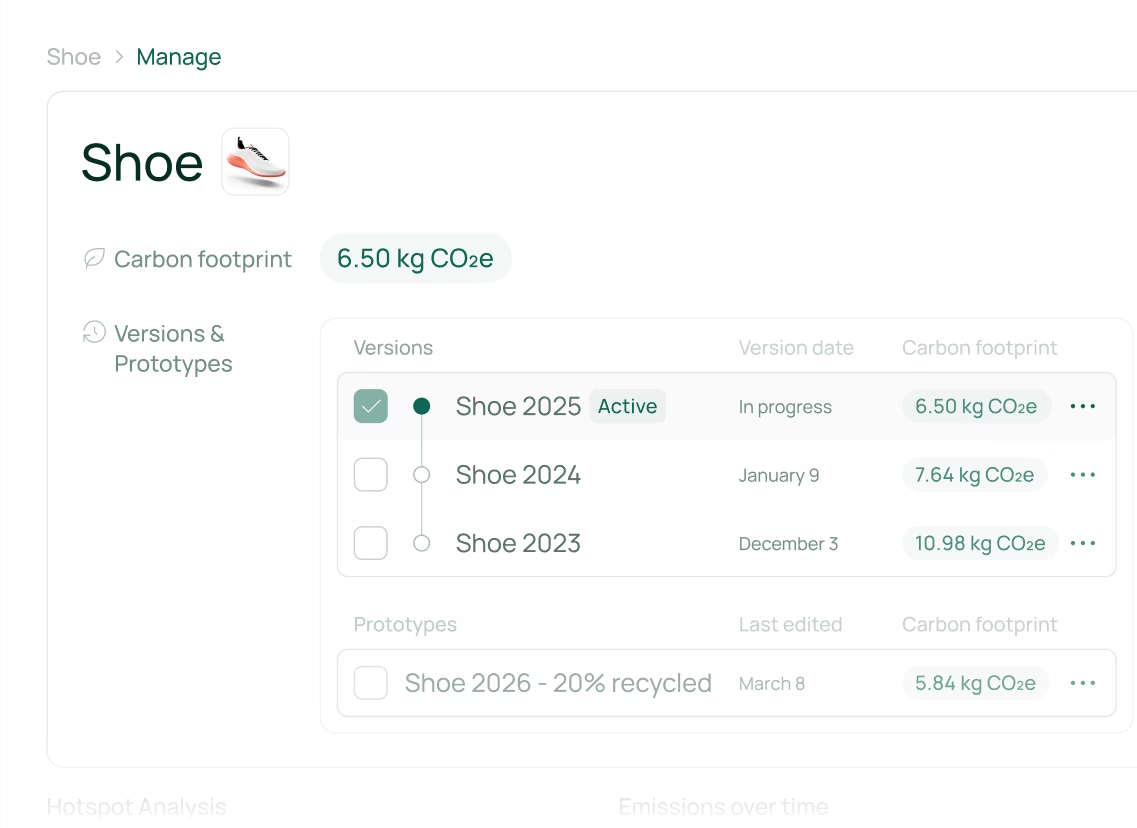



.webp)
%20Directive.webp)


.webp)

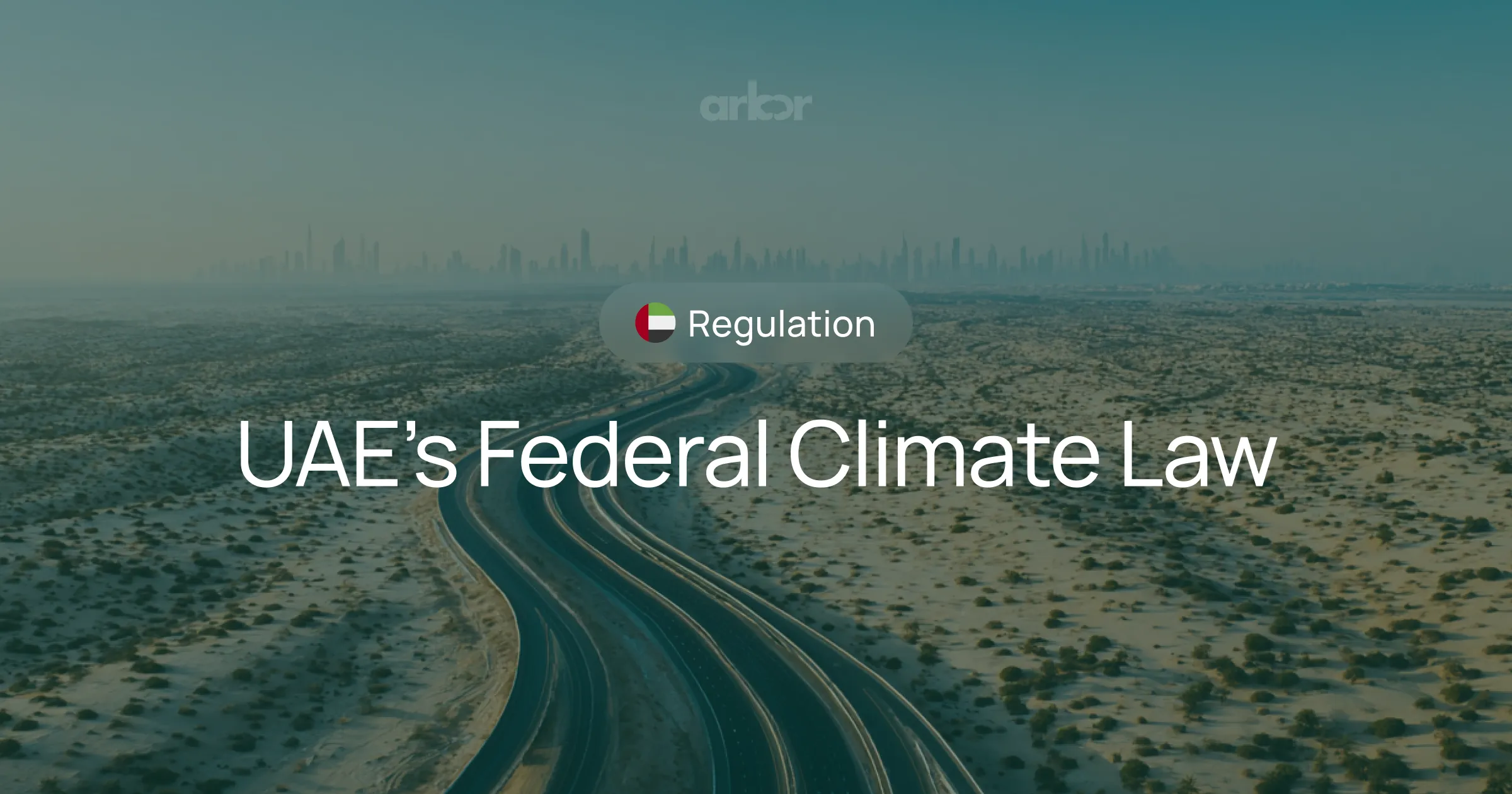
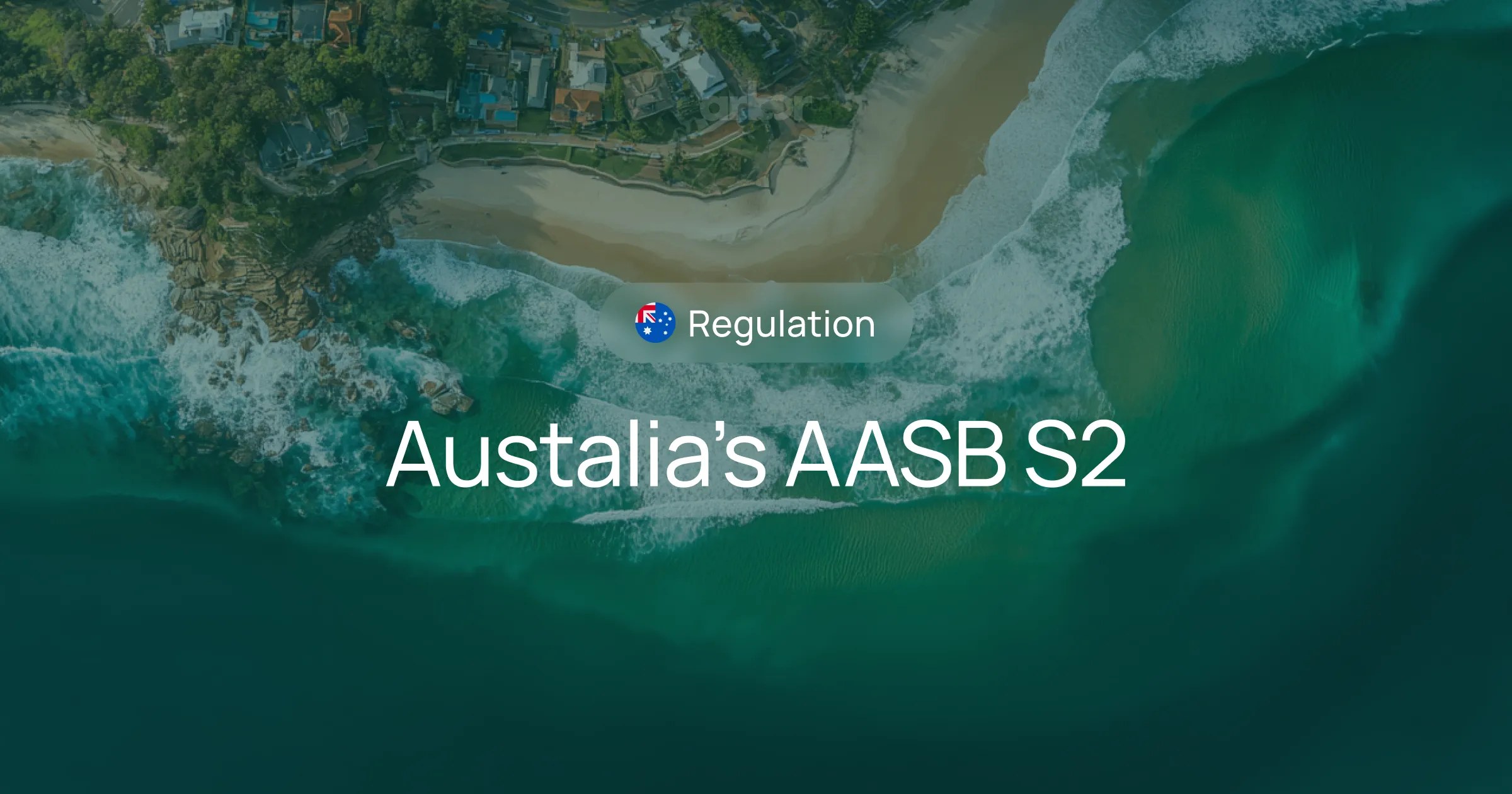


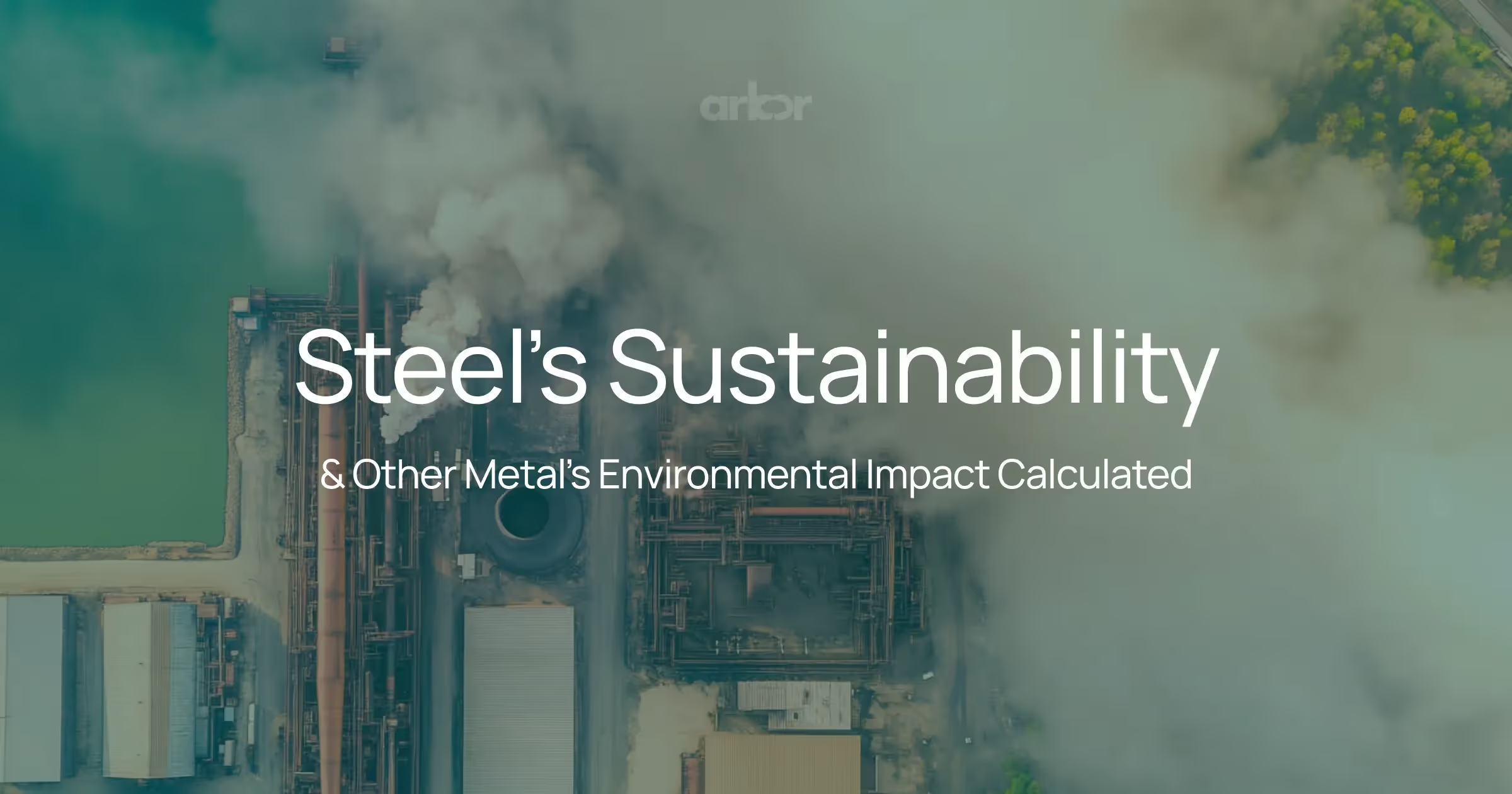


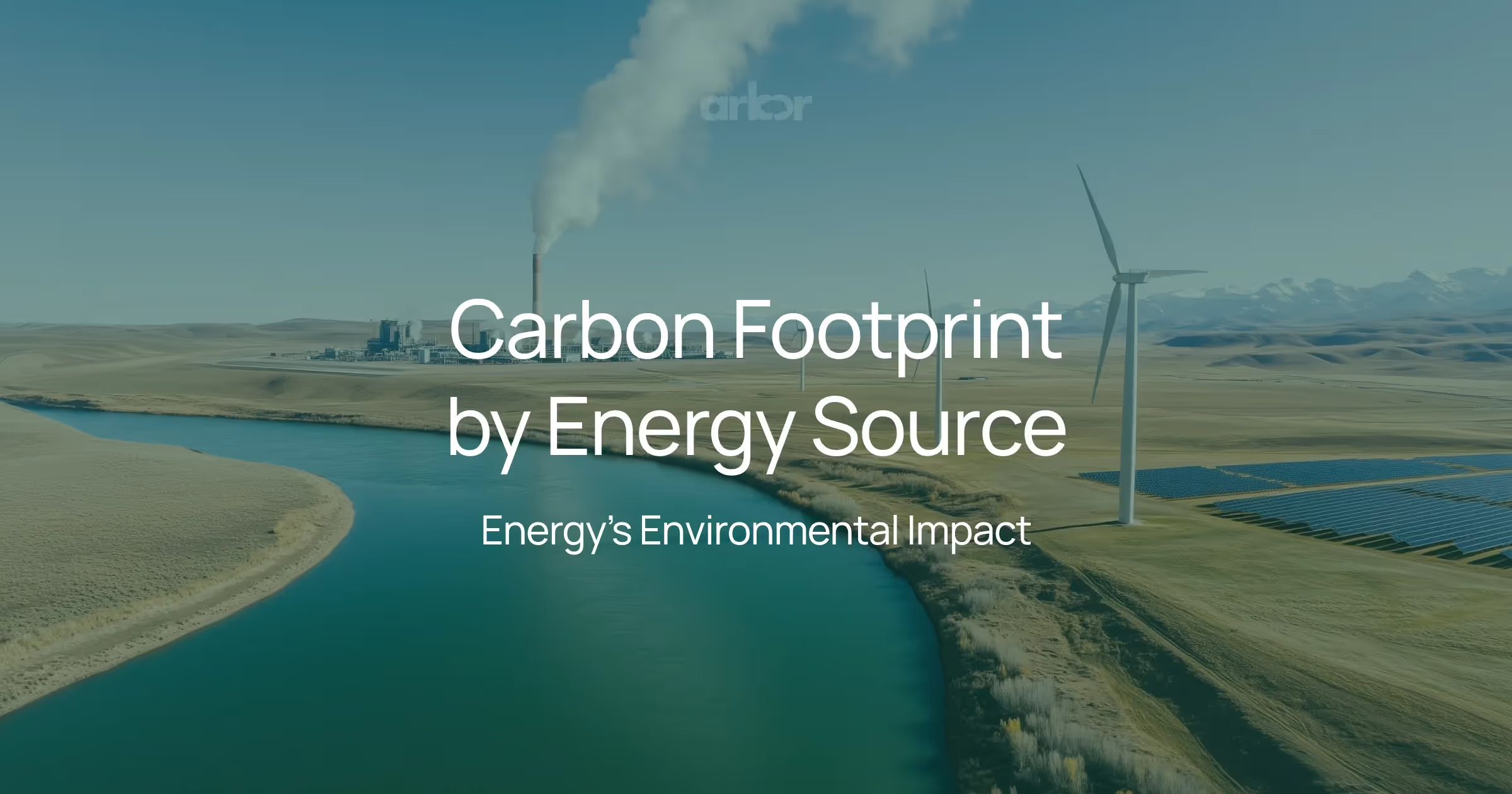


%20Arbor.avif)
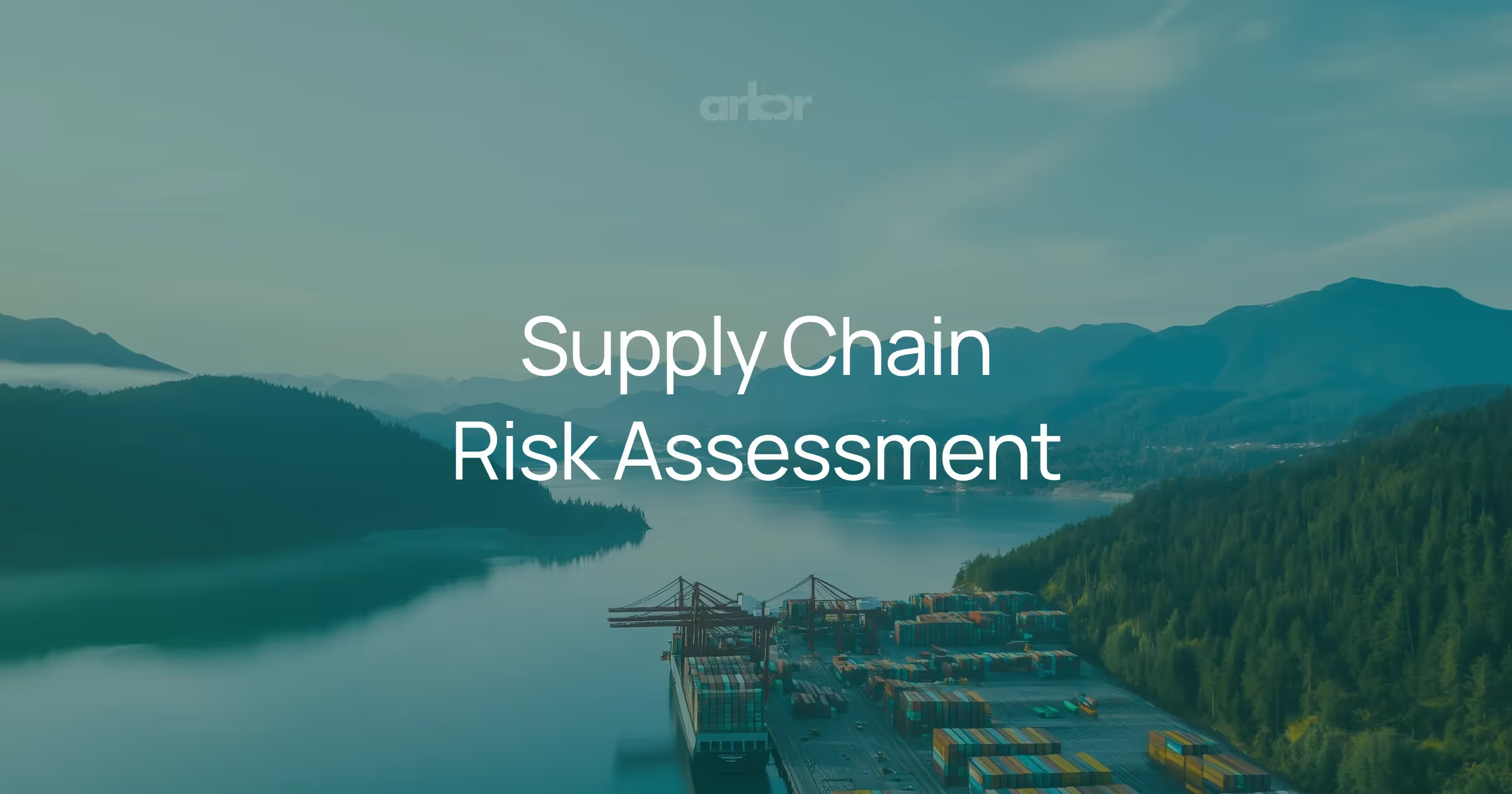
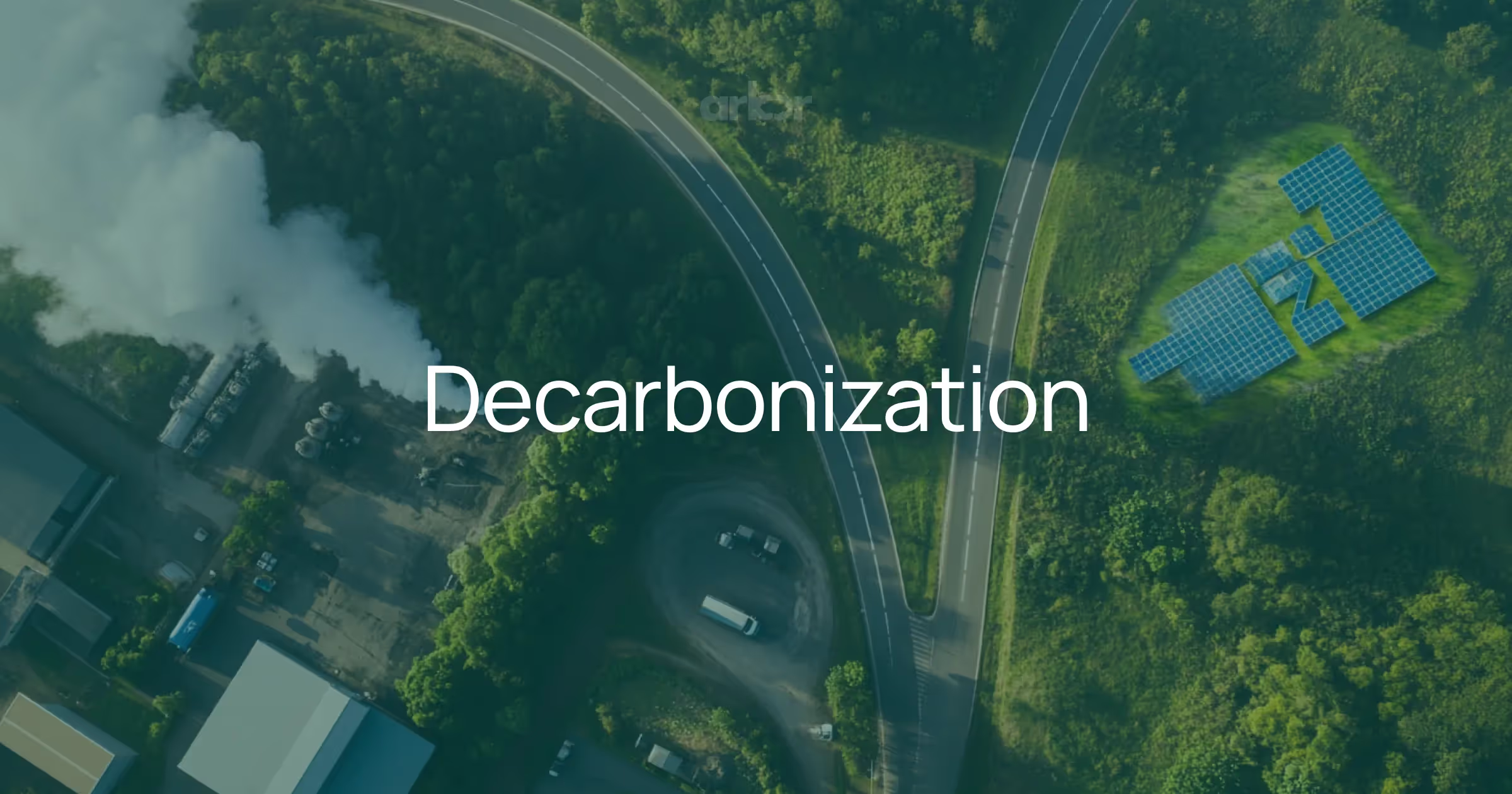



%20Arbor.avif)
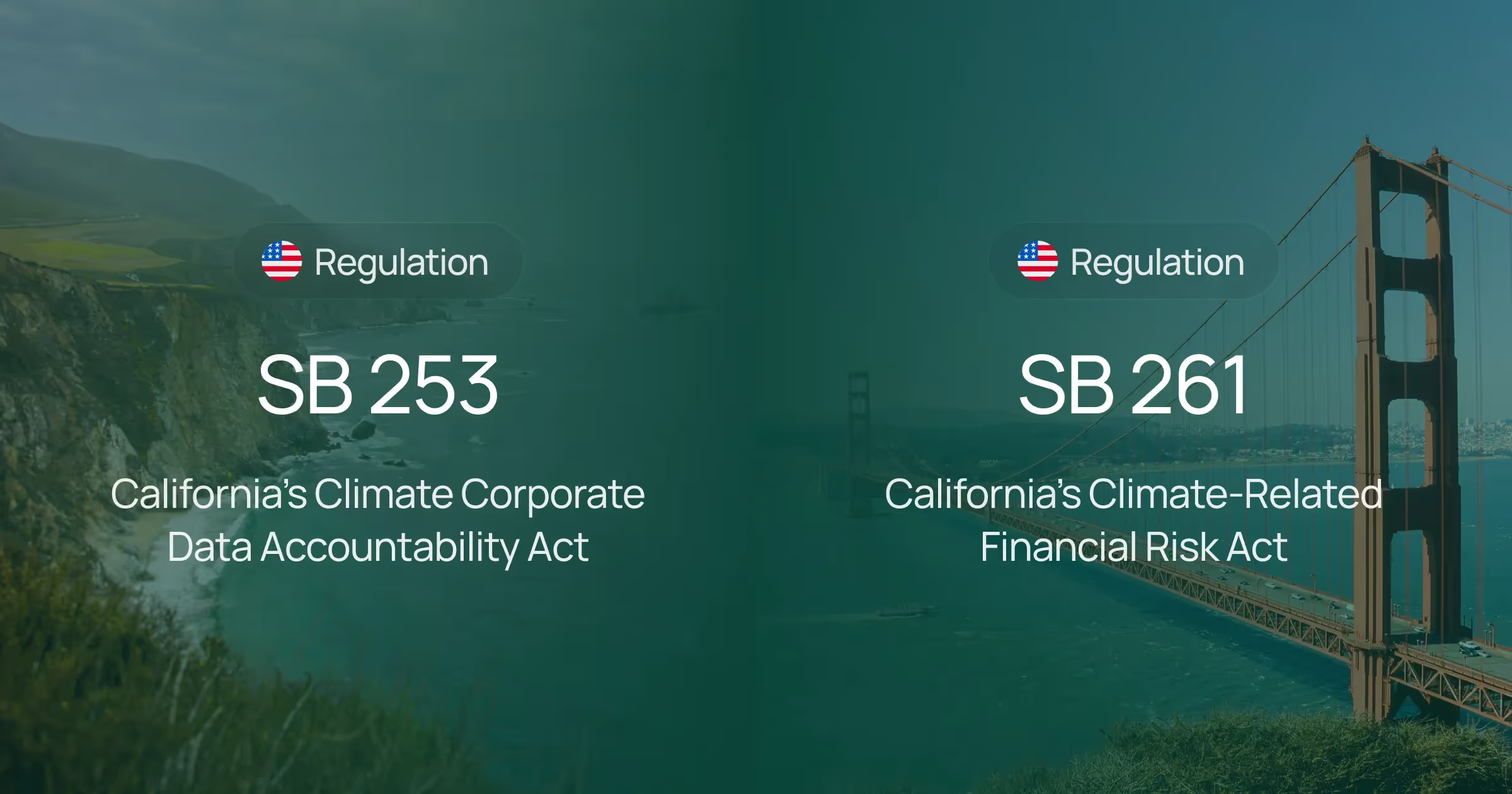

.avif)






%20Arbor%20Canada.avif)
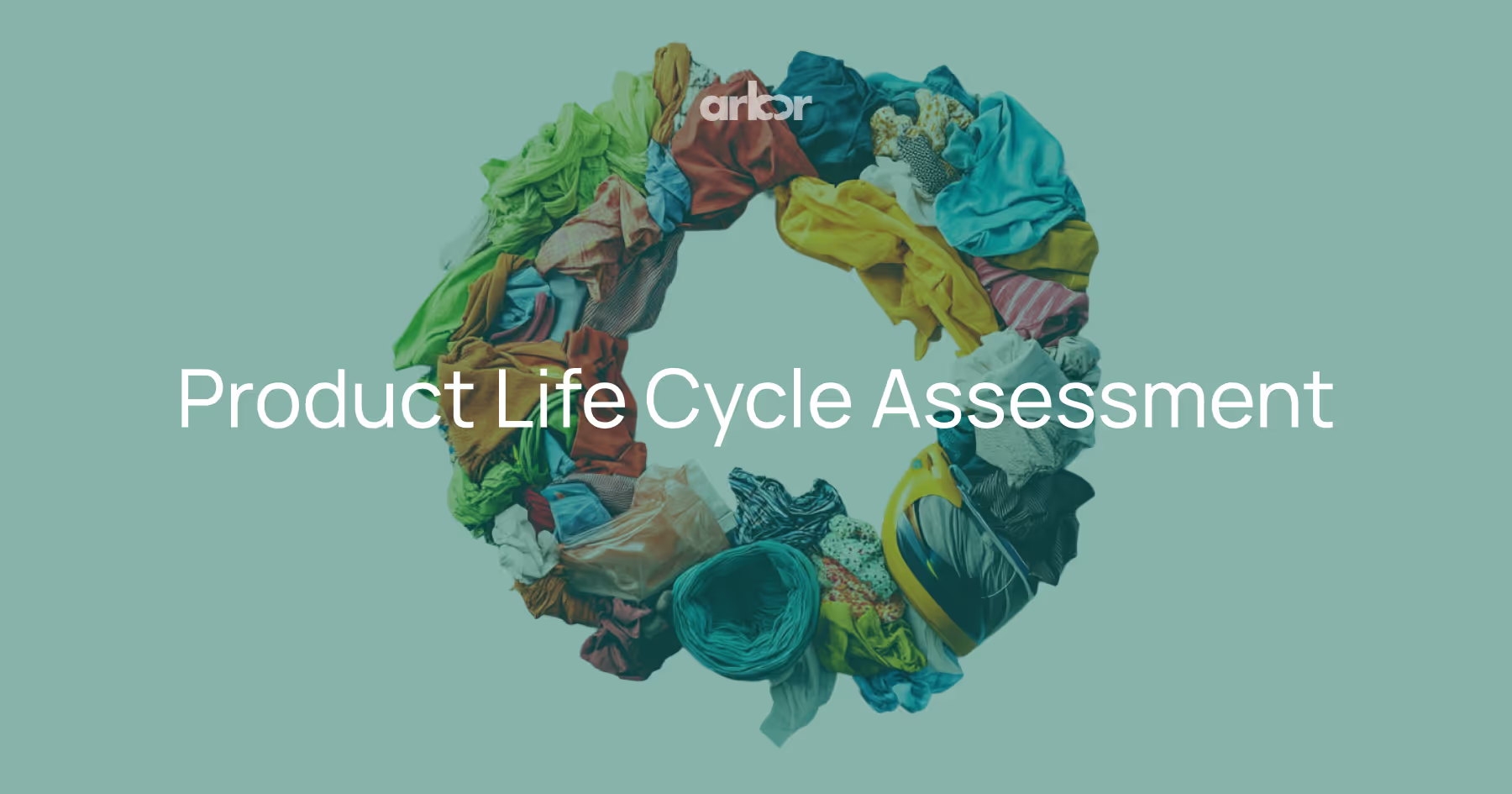
.avif)
%20Arbor.avif)
.avif)






_.avif)
.avif)
%20Arbor.avif)




%20Software%20and%20Tools.avif)




.avif)
.avif)
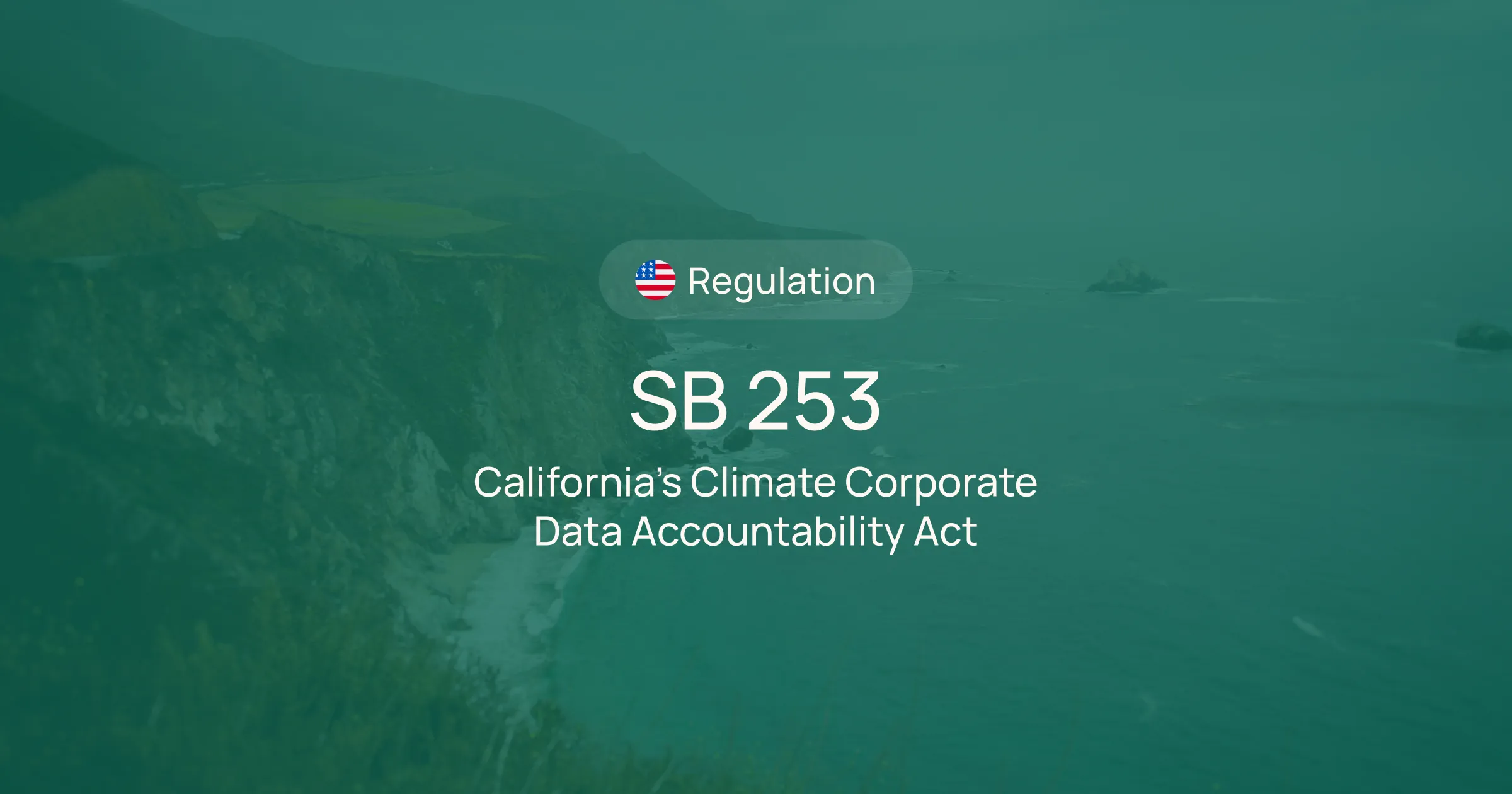



%20EU%20Regulation.avif)












.avif)


%20Arbor.avif)









_%20_%20Carbon%20101.avif)







.avif)

.avif)
.avif)









